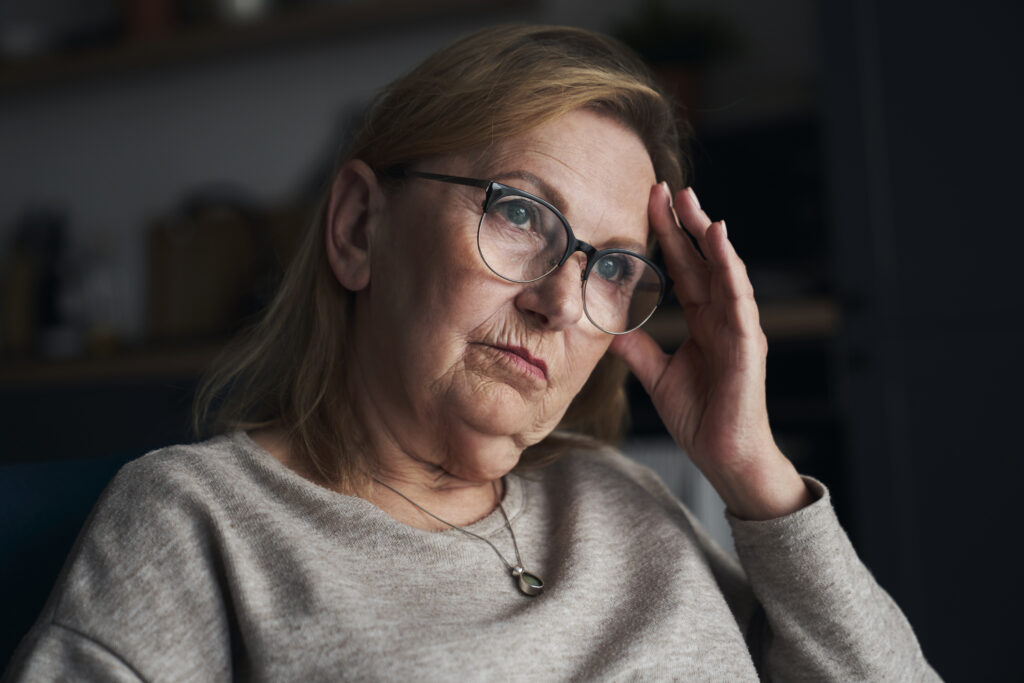When you care about someone, you’re probably able to notice some things that other people may not recognize at first glance. You know what to expect from how that person looks, talks, and acts. That’s why it can be a bit worrying when you think they aren’t acting like “themselves.” If they’re taking Suboxone, it may seem like those changes have something to do with their Suboxone usage.
If you are concerned about a loved one, it’s important to approach the situation with care, understanding, and accurate information. Harvard Health says that, while Suboxone can be misused, the idea that people frequently misuse Suboxone is a myth. One thing that sets Suboxone apart from some medications for opioid use disorder (MOUD) is its inclusion of naloxone. Suboxone is one of several buprenorphine-naloxone combination medications, along with others like Zubsolv and Bunavail. In these medications, the naloxone works to counteract the effects of opioids. When someone attempts to misuse Suboxone through injection or snorting, naloxone triggers a precipitated withdrawal. This means that, instead of making someone feel high, misusing Suboxone will make them feel sick.
While Suboxone treatment is safe, it’s important to understand how opioid misuse can still happen. Recovery is a process. Sometimes, setbacks are part of this process. Identifying the signs that using opioids while having a Suboxone prescription can be key to offering the help they need.
3 indications a loved one may be misusing opioids while prescribed Suboxone
Here are some signs that may suggest your loved one is struggling with opioid use while prescribed Suboxone. Keep in mind that none of these signs alone confirm opioid use. However, they may indicate that it’s time to check in and offer support.
- They experience intense withdrawal symptoms — Suboxone is designed to manage withdrawal symptoms. If your loved one is having a hard time managing their withdrawal symptoms, they may be choosing not to take their prescribed Suboxone. Alternatively, they could be using other opioids or attempting to misuse their Suboxone. This can lead to the sudden onset of withdrawal symptoms. It’s also possible that their Suboxone dose isn’t high enough to fully manage their withdrawal. If your loved one mentions feeling sick between doses, encourage them to talk to their treatment provider. A treatment provider can talk to your loved one about potential solutions, such as adjusting their dose.
- They avoid treatment check-ins — Most treatment programs require regular check-ins. These might include drug screenings to make sure the medication is working. If someone is missing appointments or avoiding drug tests, it could mean they’re worried about test results. There isn’t just one reason why someone might avoid check-ins, though. Maybe they’re using again and don’t want it to show up on a test. Maybe they’re thinking about stopping treatment but are afraid to say so. Encouraging your loved one to stay engaged in treatment may help in this situation. Let them know that it’s OK to be honest with their provider. Treatment providers are there to help, not punish.
- They seem sedated — Suboxone does not usually make people extremely tired or sedated when taken as prescribed. If a person appears very drowsy, has slurred speech, or nods off unexpectedly, it could be a sign that they have taken full opioids. These include drugs like heroin or fentanyl. Signs of opioid use might include slow breathing, pinpoint eye pupils, and unresponsiveness. Severe sedation can be dangerous, especially if opioids are involved. If your loved one is unconscious, breathing very slowly, and/or difficult to wake, seek medical help immediately.
How to offer support without judgment
If you’re concerned that a loved one is using opioids while on Suboxone, the best thing you can do is support them without shame or blame.
Here’s how you can help:
- Stay calm and avoid accusations — People in recovery may already feel a lot of pressure. Instead of blaming them, let them know you care.
- Encourage open conversation — Ask how they are feeling about their treatment. Listen without interrupting.
- Remind them that help is available — If your loved one is struggling, their provider may be able to adjust their treatment plan.
- Offer to help — If they are avoiding medical visits, offer to drive them or go with them for support.
- Know that setbacks can be part of recovery — Many people have ups and downs. What matters is getting back on track.
Groups offers treatment designed to prevent misuse and help people stay in recovery
If a loved one is using opioids while prescribed Suboxone, it doesn’t mean they have failed. It just means they may need extra support. By watching for signs like withdrawal symptoms, you can help them get the care they need.
The most important thing is to approach them with understanding. Let them know they are not alone and that help is always available.
If you or a loved one needs support, Groups offers MOUD, peer support, and expert care. Recovery is possible, and no one has to do it alone.
We provide treatment across the country—and we’re always expanding. See if we offer care in your state, either online or at one of our 130+ local offices. If Groups does not offer treatment in your area, you can locate other treatment options here.




